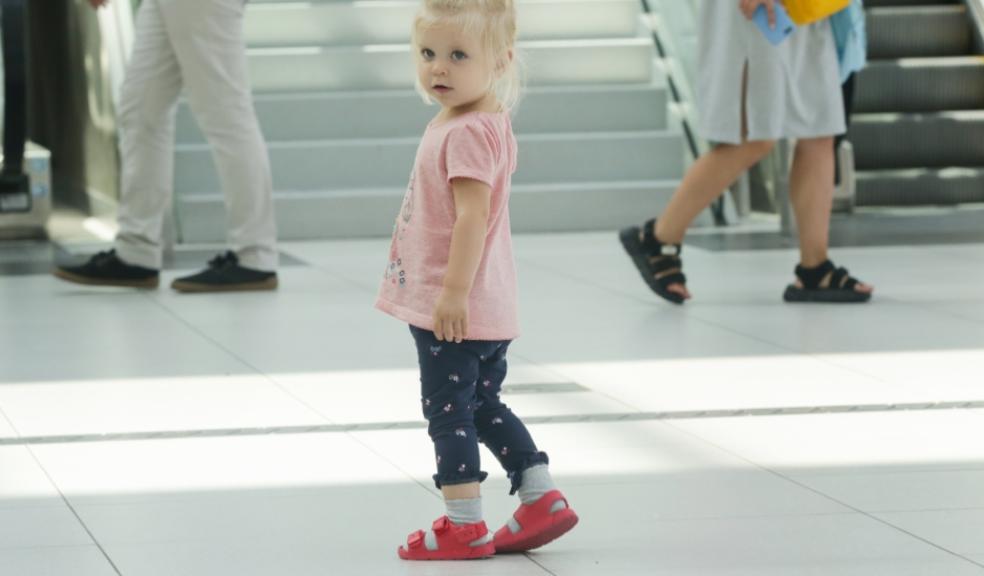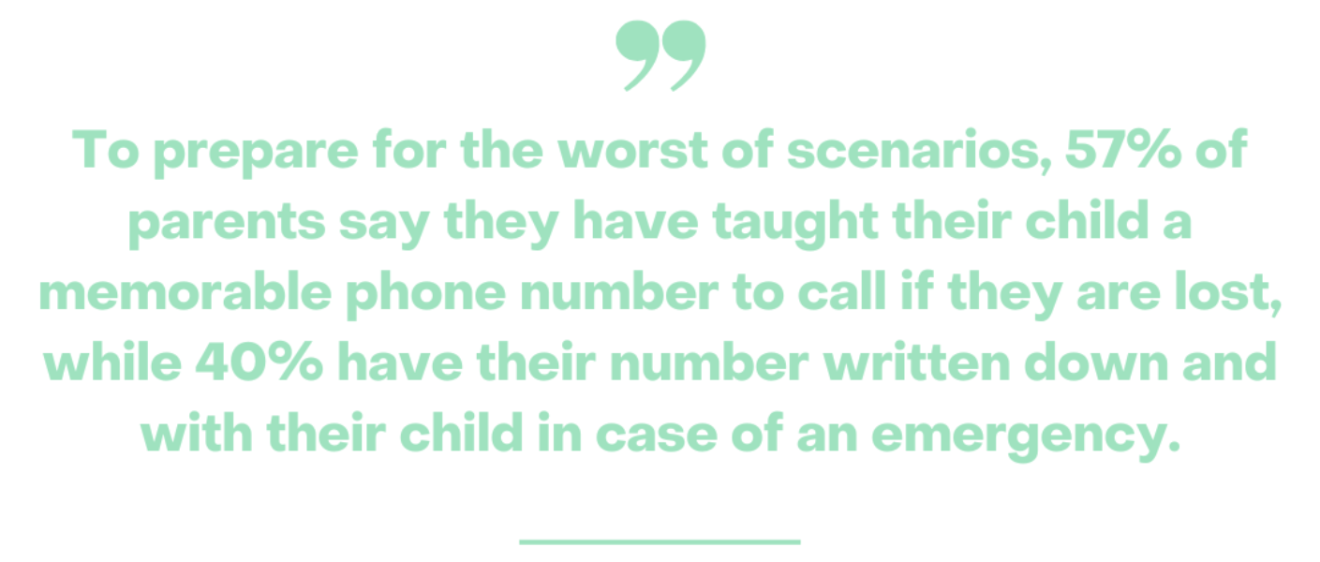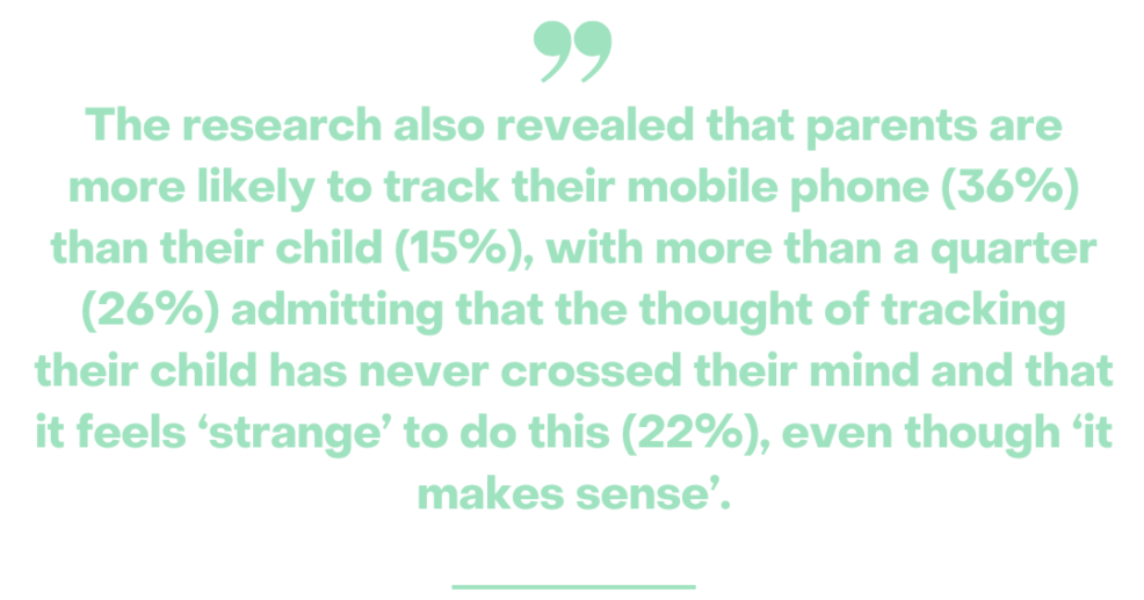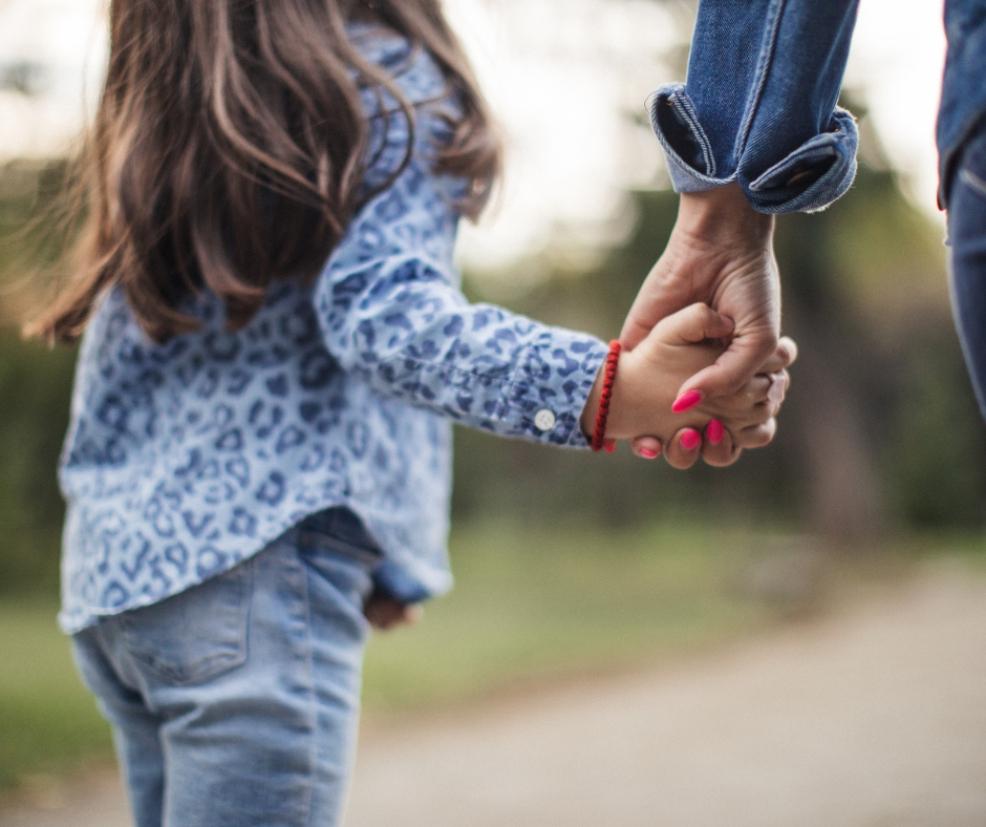
Parents lose their child FIVE times before they turn 10
Gone Baby Gone!
-
Two in five (41%) parents say their child has walked off alone without them knowing
-
20% say their child has walked off with a stranger without their knowledge
Parents have admitted to ‘losing’ their child FIVE times before they turn 10 – with dad the worst culprit having ‘lost’ their child a whopping SEVEN times.
A new study which looked into the ways in which parents keep watch on their kids, revealed that if their child was to get lost, 44% of parents believe that their child would look to find the police or a member of security, while 35% said their child would yell out their name in the hope of being found. Almost a third (30%) said their child would stay put and wait to be found.
The findings from the new connected smartwatch for kids, NickWatch, also found that 41% of parents with a child under 10 years old say their child has walked off on their own, without them being aware. Even more worryingly, 20% say their child has walked off with a stranger before, without their knowledge.
 Parenting expert, Rachel Fitz-D, said that losing a child, even if only for a few seconds, “is every parent’s worst nightmare and studies tell us that parental anxiety about our children coming to harm is now so great that the average child today has to reach the age of eleven before being allowed to play outside on their own.
Parenting expert, Rachel Fitz-D, said that losing a child, even if only for a few seconds, “is every parent’s worst nightmare and studies tell us that parental anxiety about our children coming to harm is now so great that the average child today has to reach the age of eleven before being allowed to play outside on their own.
“Paradoxically, by wanting to keep our children under adult supervision 24/7 we may not actually be keeping them safe at all. Aside from the obvious implications for the health and well-being of children missing out on the sort of adventurous outdoor play with friends which we enjoyed, 21st-century kids may leave primary school without having developed the skills needed to assess and manage risk independently.”
 The research also revealed that parents are more likely to track their mobile phone (36%) than their child (15%), with more than a quarter (26%) admitting that the thought of tracking their child has never crossed their mind and that it feels ‘strange’ to do this (22%), even though ‘it makes sense’.
The research also revealed that parents are more likely to track their mobile phone (36%) than their child (15%), with more than a quarter (26%) admitting that the thought of tracking their child has never crossed their mind and that it feels ‘strange’ to do this (22%), even though ‘it makes sense’.
Although not opposed to using technology to keep tabs on their child, 50% of those surveyed said they feel that a smartwatch is necessary for their children to own, with a further 30% saying a smartwatch is necessary only if the device has a tracking feature, so they know where their child is.
The NickWatch, which is free from social media apps and channels, allows children to explore their imagination through eight key features including games, music, and safe connectivity. Through the ‘NickWatch Caretaker App’ parents can track their child’s whereabouts, limit the use of the watch when wanted, and communicate with their child through messaging and voice notes.
Rachel Fitz-D gives her top 3 tips for keeping children safe:
1. Support kids to become confident talking to strangers!
Yes, that’s right. Teaching children to ‘Never talk to strangers’ simply doesn’t keep them safe when they need help and, in any case, they see adults talking to strangers every day in shops and on buses. By getting even the youngest children to become confident at spotting and asking shop assistants for help, paying for their sandwich in a cafe, asking another mum to zip up their coat for them after school, and taking responsibility for telling the doctor themselves ‘where it hurts’, kids learn to seek help when they need it and you aren’t around.
2. Discuss the difference between ‘GOOD’ and ‘BAD’ strangers
Alongside encouraging your child to become comfortable talking to people they don’t know, help them to spot who may or may not be ‘safe’ strangers to approach if they are ever split up from you when out and about or if they are playing outside and need help. Shop and cafe assistants, women with children, police officers and groups of children near their own age (there is safety in numbers) are all good options. Remind them to look for help in public places rather than where they are unlikely to be seen and support them to learn to trust their own instincts - if they feel something or someone is strange or a bit ‘off’ then they should get away and look for help as fast as possible.
3. Ask kids for their strategies
Children, just like us, prefer to come up with their own solutions. They are more likely to remember their own, kid-shaped scheme for staying safe than your clever clogs grown-up one! Help to build their self-esteem and declare your faith in their resourcefulness by asking them for their ideas of what they could do in any given situation: “if we get split up in this shop, what could you do?” and “have a look around this park … who could you run to if you needed help and I wasn’t here?” Keep the conversation chatty and remember that a confident child will be more able to think straight and keep safe than one who is scared of their own shadow and looks vulnerable.













